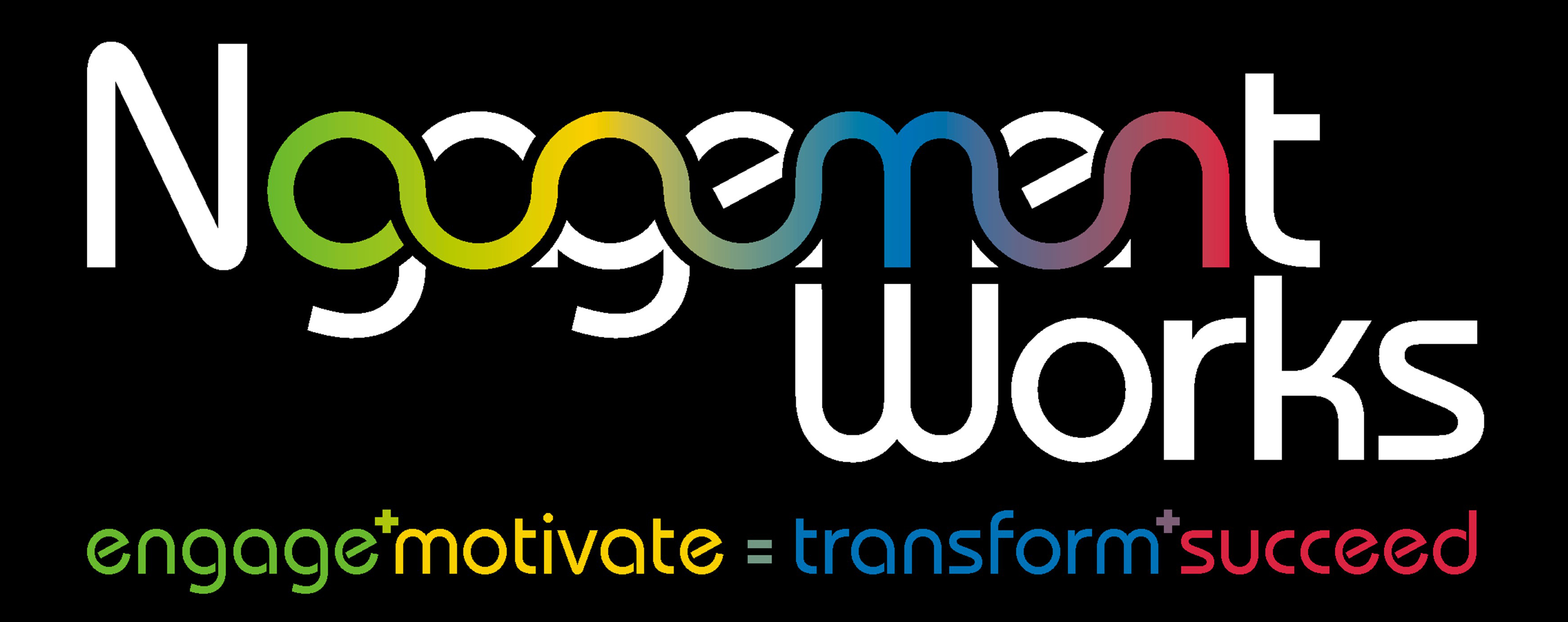Imagine, it’s your second driving lesson. The first lesson, you met your instructor and they taught you how to turn on the engine, how to use the accelerator, to change gear, brake and put on the handbrake together with using your mirrors and indicators. In essence, the basics. No doubt, you’d be looking forward to what you would learn in the second lesson.
Your driving instructor turns up, you get in the car and they just tell you to drive. You continue to do so for the whole of the lesson with very little interaction between you and your instructor until the lesson ends. Your instructor smiles and says “See you same time next week.” How would you feel? Pretty disappointed I’d imagine and would no doubt think about changing instructors.
So why do so many people put up with this kind of behaviour from their leaders in the workplace and do nothing about it, instead sitting in silence or grumbling to their colleagues who are in the same situation?
I’m not saying that all leaders are like this however, I am shocked when working with teams how often ‘poor leadership’ is brought up but it is not confronted or challenged.
In my recent article, Transformational Leadership, Do You Have What It Takes?, I shared the results of a survey I undertook where I asked the question, “What Are The Top Attributes You Want To See In Your Leaders?” The top four were as follows:
1. Integrity – The quality of being honest and having strong moral principles
2. Passion – An intense desire or enthusiasm for something
3. Visionary – Thinking about or planning the future with imagination or wisdom
4. Empathy – The ability to understand and share the feelings of another
Turning to my analogy of the driving instructor, a transformational driving instructor will be honest with you, giving you praise on what you are doing well however also letting you know the things you need to change in order to improve. They want you to succeed, it is not about their success, the focus is on your success.
They have a passion for you to pass your driving test as soon as they think you are competent to do so.
They do this by having a vision of what you need to do in order to succeed. The long-term goal is you passing your test however they have a clear plan of shorter term objectives that will lead you to the ultimate goal and will explain this to you so you know what is expected of you, both in the short and long-term.
Finally, they connect with you, checking in to see how you are feeling about your driving, ensuring that if there are things that you feel uncomfortable with, that they take this on board and change your training accordingly.
Transformational Leaders do exactly the same. They demonstrate behaviour that align with their moral principles so others know what behaviour is acceptable. They have a passion about the success of the team and individuals within the team. They share a clear vision of where the team needs to get to and the steps to make that happen. They also have clarity in terms of what individuals need to deliver to help achieve the common goal. Finally, they regular check-in and have performance reviews with individuals on how they are feeling and how things are going and providing support, coaching and guidance to develop and grow individuals.
So what can you do if your needs are not being met by your leader?
Well, you can either do nothing and just grumble about it with your colleagues, however, if you do this nothing will change. You can decide to leave your job or the team, and you’d be surprised at how many people do this. Time and time, exit surveys sight ‘a bad relationship with my leader’ as being one of the main reasons people leave organisations.
The other thing you can do is raise the issue that your needs are not being met with your leader. Some people find this a daunting task however, as I shared in my article ‘Feedback, Why Didn’t You Tell Me?‘, sometimes your leader may not know that your needs aren’t being met.
Please do let me know of your experiences of both good and bad leadership. What did they do or did not do? How did that make you feel? and What did you do about it?
Yours Behaviourally, Nick






